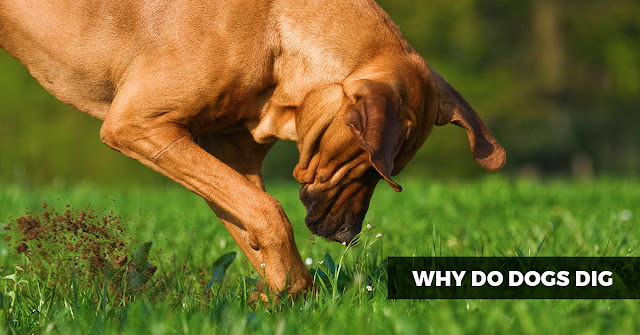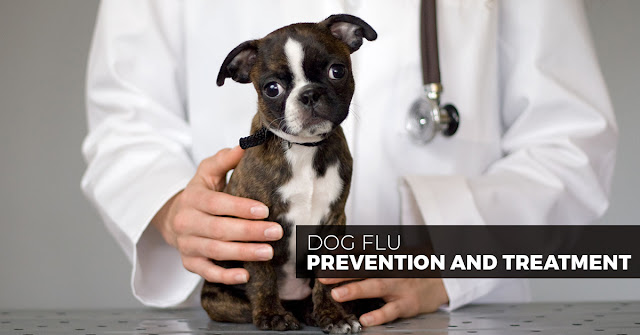Treatment for a Dog Vomiting Blood

You come back home from work and find your pooch lying in a puddle of blood. Panic strikes and a series of questions run through your mind. Is your dog experiencing a seizure? Did he swallow something? Your mind has never betrayed you like this before. You are scared out of your wits end.... what should you do next? A dog vomiting blood is a pet parent’s worst nightmare come true. But, no matter how anxious and confused you may feel, it is important to calm yourself down. Your anxiety is not going to help ease the situation in anyway. A few drops of bright red blood are more likely to mean gum disease or a cut in the mouth, while vomit that looks like coffee grounds is more likely to mean an ulcer or bleeding in the stomach. In either case, take your dog to the vet for he would not only treat your dog but also let you know the actual cause of the bleeding. In keeping with the statement made above, the appropriate treatment for a dog vomiting blood would depend on the cause of





